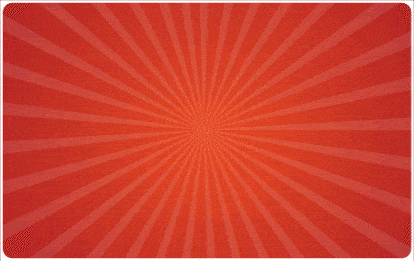Rajasthan Switch to Hindi
Adani Green Commissions 180 MW Solar Plant In Rajasthan
Why in News?
Adani Green Energy has recently operationalized a 180-MW solar power plant at Devikot in Jaisalmer, Rajasthan.
Key Points
- The plant has a 25-year Power Purchase Agreement (PPA) with the Solar Energy Corporation of India (SECI), Adani Green Energy Ltd (AGEL), India's largest renewable energy company.
- It will produce approximately 540 million electricity units annually, powering over 1.1 lakh homes and reducing around 0.39 million tonnes of CO2 emissions.
- Next-generation bifacial solar Photovoltaic modules and horizontal single-axis solar trackers (HSAT) have been deployed to maximise generation through better efficiency of modules and tracking the sun throughout the day.
- HSAT used to increase the generation potential of the sunlight by tracking systems
- Next-generation bifacial solar Photovoltaic modules and horizontal single-axis solar trackers (HSAT) have been deployed to maximise generation through better efficiency of modules and tracking the sun throughout the day.
- The plant is equipped with waterless robotic module cleaning systems, enabling water conservation in the barren region of Jaisalmer.
Power Purchase Agreement (PPA)
- It is a long-term contract between an electricity generator and a customer, usually a utility, government or company.
- PPAs usually last anywhere between 5 to 20 years, during which time the power purchaser buys energy at a pre-negotiated price.
- Such agreements play a key role in the financing of independently owned (i.e., not owned by a utility) electricity generators, especially producers of renewable energy like solar farms or wind farms.
Rajasthan Switch to Hindi
Gulaal Gota
Why in News?
Recently, Gulaal Gota, a unique tradition dating back around 400 years, was celebrated in Jaipur, Rajasthan.
Key Points
- Gulaal Gota is a small ball made of lac, filled with dry gulaal, and weighs around 20 grams when filled.
- Lac, the primary raw material for Gulaal Gota, is sourced from Chhattisgarh and Jharkhand.
- The process of making Gulaal Gotas involves boiling lac in water to make it flexible, shaping it, adding colour, heating it, and then blowing it into a spherical shape with the help of a blower called "phunkni".
- Gulaal Gotas are made by Muslim lac makers, known as Manihaars, in Jaipur, who learned lac-making from Hindu lac makers in Bagru, a town near Jaipur.
- The government of India has given “artisan cards” to the lac bangle and Gulaal Gota makers, allowing them to avail benefits from government schemes.
- In a bid to save the tradition, some Gulaal Gota makers have demanded a Geographical Indication (GI) tag.
Lac
- It is a resinous substance that is secreted by certain insects. The female scale insect is one of the sources of lac.
- To produce 1 kg of lac resin, around 300,000 insects are killed. The lac insects also yield resin, lac dye and lac wax.
- It is used in various applications, including the production of lac bangles.
Geographical Indication (GI) tag
- A GI tag is a name or sign used on certain products that correspond to a specific geographical location or origin.
- The GI tag ensures that only the authorised users or those residing in the geographical territory are allowed to use the popular product name.
- It also protects the product from being copied or imitated by others.
- A registered GI is valid for 10 years.
- GI registration is overseen by the Department for Promotion of Industry and Internal Trade under the Ministry of Commerce and Industry.

.gif)

.png)





 PCS Parikshan
PCS Parikshan

